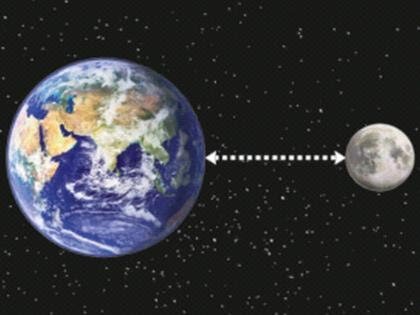@
Learninglife9 I did not refute your information although I do disagree with one statement you have just made, that the Earth was once entirely covered with water..
None of the literature I have read ever says that. If anything the opposite was so: the Earth cooled to form a solid crust of basalt surrounding the early, thicker but perhaps low-lying granite continents floating on the Mantle. It was only after it had cooled sufficiently that all the water that it had accumulated either trapped with in it or atmospherically could condense to form the sea. There must have been a long period of extraordinarily severe storms in this process, which eroded a lot of the new young land.
The mountains came later, but throughout the Earth's history in its basic form now, the continents have been ambling around the globe, breaking and reforming, and still are.
I don't know why hurricanes seem confined to the Western tropical Atlantic, and typhoons to Asian coasts, when we might expect similar weather patterns in other tropical maritime regions. Presumably it is a matter of particular combinations of ocean and atmospheric circulations in each region. Interesting point though
They are nothing to do with "punishment" - though we may well wonder why anyone wants to live in such hazardous areas, and with climate change starting to bite harder, I would not be surprised if people do move away from them. Still, we can say that about almost anywhere in the world: whatever possessed cultures to develop in both torrid and frigid near-deserts, for example? We are a remarkably adaptable species!
The Bible was never meant as any sort of scientific treatise. It is not even very helpful as a history-book because even past its propaganda, faith and mere legend elements, it does not give dates or ages. In fact I think there is a "Year Null" point to some of its pre-Torah and pre-Bible books, to help weld a fractious bunch of small tribes into a unified society that abandoned or re-invented previous religious ideas.
None of the "prophesies" about natural events mean anything because they merely state the blatantly obvious, and at the most basic level: "Xyz will happen again and it's God's will!"
Yes, of course they will, we can all guess that, so...?.
For Middle-East and Mediterranean shores residents between them, irrespective of their religions, always had to put up with occasional storms, floods, earthquakes, volcanoes, plagues of agrarian pests and epidemics of dangerous diseases.
So some scribe seen as a clever mystic because he was literate, saying they will happen again was only saying what
anyone could have said then, and can nowadays. The difference is that we are better able to forecast when, where and to what severity; and possibly to cope with it. (The prophets were careful never to try to say what, where and when; but couldn't anyway, of course.)
It also means your cannot try to tie modern knowledge to a minor Bronze Age culture's beliefs. They were not stupid: they knew what happened naturally around them and could predict regularities like the phases of the Moon, but not random disasters. They knew these things would happen again in their future; but could not understand them so either praised or blamed their god for them.
Which got them nowhere, really, and gets us even less far.
"... possibly to cope with it..."
Ironically perhaps, if humanity really ever becomes unstuck world-wide, e.g. by a combination of resources depletion and inimical climate, let alone wars; the more technically advanced we are the harder we might find coping, due to our reliance on what science and engineering have given us.
As the last Glacial Phase of the present Ice Age came and went the people around at the time would simply have moved to more equable regions. As the sea-level rose they would have drifted to higher ground - I don't know the greatest rate of change but would think significant over some generations, not within individuals' lives. It was relatively easy for them as there were far fewer of them, they probably lived as nomads, and they had much simpler societies.
